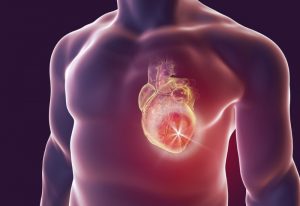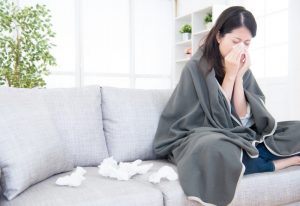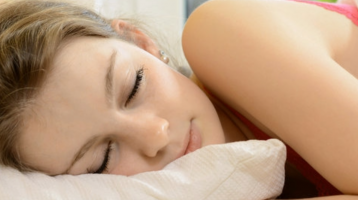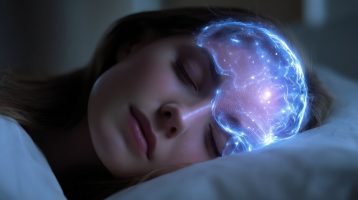From one moment to the next, the environment around us and our bodies change slightly throughout the day; and our health risks change with them. What are the worst times of day for your health? Because every part of the day brings a unique set of advantages and disadvantages when it comes to good health, the answer depends on which illness you are most prone to.
The Early Bird Gets the…Heart Attack?
 In the hours before we awaken, our bodies are flooded with hormones that support alertness. Although this is important in helping the body to handle the challenges of the morning, it can also cause a strain on the heart. Cortisol, adrenaline and other hormones associated with morning time can increase your risk of heart attack, as well as other serious cardiovascular events, by around 40 percent.
In the hours before we awaken, our bodies are flooded with hormones that support alertness. Although this is important in helping the body to handle the challenges of the morning, it can also cause a strain on the heart. Cortisol, adrenaline and other hormones associated with morning time can increase your risk of heart attack, as well as other serious cardiovascular events, by around 40 percent.
The hormones that cause wakefulness also cause your heart to beat harder. Your pulse and blood pressure increase to fuel morning activities. This increases the chance of heart attack, stroke and other deadly cardiovascular events. At the same time, the increase in activity leads to higher oxygen demand in the cells of your heart, which means there is more damage should a serious event occur. In fact, people who have heart attacks in the early morning experience as much as 80 percent more damage and are also more likely to die.
There is no way to avoid mornings. However, there are ways to avoid the damage associated with heart attacks in the early morning hours. Cardiologists are beginning to recommend taking blood pressure medication before bed rather than in the morning, so it is already in the bloodstream at the time when the heart is at greatest risk.
On a less life-threatening note, mornings are also prime time for arthritis and other sources of joint pain. Increases in inflammatory molecules in the early morning hours make stiff joints even more painful and swollen. This may be the reason that so many people begin their morning with a vigorous stretch.
Afternoon Challenges to Health
Cortisol wears off by early afternoon, leaving many people ready for an afternoon nap. In addition, this dip in cortisol can leave you more prone to hives and other allergic reactions. Because pollen levels reach their daily high in the late morning and early afternoon, those hours after lunch are the most common time for coughing, sneezing and other allergy symptoms.
If you suffer from allergies, avoiding pollen or taking allergy medication may help you to get through your day with fewer symptoms. However, these medications can cause sleepiness, which won’t help that urge for a nap.
Despite an increase in allergies, the afternoon is a healthy time of day for many people. Our bodies generally have reached homeostasis and are running at full steam as we approach the evening.
Evening and Night: Worst Times of Day for Infectious Disease
Television companies have long referred to the late evening as “primetime.” Scientific data suggests that these late hours are also prime time for fever, respiratory issues and other symptoms of infectious illness. Every parent who has been up late at night with sick children can confirm that the hours we are supposed to be sleeping are often the worst for symptoms of colds and flus.

Lying flat to go to sleep also can present health challenges for a sick child. Lying down allows fluid to build up behind the ears, which can exacerbate the pain and pressure of an earache. It also can increase the build-up of mucus in the bronchi, worsening cough.
As every parent knows, it is important to enter nighttime prepared. Take fever reliever, cough medications and other remedies before bed to prevent midnight surprises. Lay propped up on pillows if you are feeling congested. Most infectious illnesses will inevitably worsen at night, but the worst symptoms often can be mitigated or prevented entirely.
Staying in Good Health Throughout the Day
This information can be used to promote good health in a variety of ways. First, medications and other treatments can be timed so they are given at the times when they will have the most impact. This practice, known as chronopharmacology, is already gaining support in a variety of medical specialties.
Second, people who are prone to certain illnesses can be very careful at key parts of the day, avoiding specific risks. For instance, a person with allergies may be able to avoid certain plants in the afternoon, when their allergic reaction will be the worst. People who have heart problems can avoid stressors in the early morning that will tax their already stressed cardiovascular system. Ultimately, understanding more about the way our bodies operate will help us to lead longer and healthier lives.







